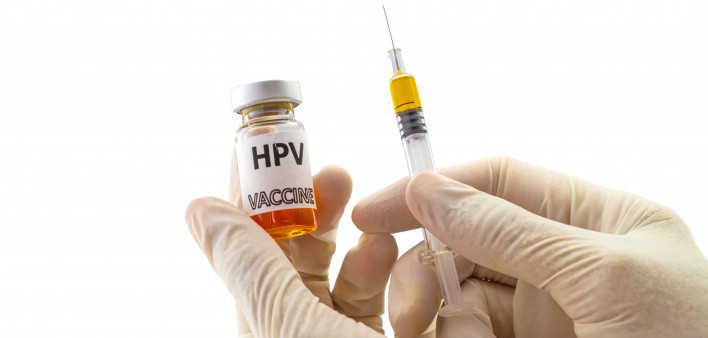Donald Trump apparently doesn’t understand the difference between HPV and HIV. As president of the United States, he asked billionaire Bill Gates about the viruses. Twice.
That’s according to footage obtained by MSNBC’s All In With Chris Hayes that shows the Microsoft cofounder talking to staff of the Bill & Melinda Gates Foundation, the philanthropic organization that tackles poverty and disease while promoting education and health care across the globe.
Never before seen footage obtained exclusively by All In shows Bill Gates discussing meetings with Donald Trump #inners pic.twitter.com/GouJwYKghi
— All In w/Chris Hayes (@allinwithchris) May 18, 2018
Gates tells the crowd that in a conversation with Trump in December 2016 about a broad set of topics including energy, health and education, Gates advised the president to “pick things you want to do that are big—an HIV vaccine, you could accelerate that. Be associated with innovation.”
Gates also recounts a second encounter with Trump in March 2017. Gates says that at both meetings Trump asked whether vaccines were bad and said he was considering setting up a commission to look into the side effects of vaccines. “I said, no, that’s a dead end. Don’t do that,” Gates said.
“Both times,” Gates continues, “he wanted to know if there was a difference between HIV and HPV, so I was able to explain that those were rarely confused with each other.” That last line, easily construed as a jab at the president’s lack of knowledge, garnered laughs from the audience.
Gates and Trump discussed other subjects, which you can view in the video, but for our purposes, let’s stick to the HIV and HPV topic.
Genital human papillomavirus (HPV) can cause genital warts and is associated with cancers of the cervix, vagina, penis, anus, throat and mouth, among others. It’s spread by skin-on-skin contact, which is why it’s so common. In fact, it’s estimated that more than 40 percent of Americans have HPV. Today, though, we have vaccines to prevent the highest-risk strains.
HIV, which stands for human immunodeficiency virus, attacks the immune system and if left untreated can lead to AIDS. It’s transmitted through blood, semen, pre-cum, rectal and vaginal fluids, and breast milk. The most common modes of transmission are condomless sex and needle sharing.
There is no cure for HIV, nor is there a vaccine—not yet! (Today, May 18, happens to be HIV Vaccine Awareness Day; learn more here.) But people diagnosed with HIV today have many treatment options and are able to live long and healthy lives (including having HIV-negative children).
You can get educated more about HIV, including prevention, treatment and transmission risks, on the POZ HIV/AIDS Basics page.







1 Comment
1 Comment